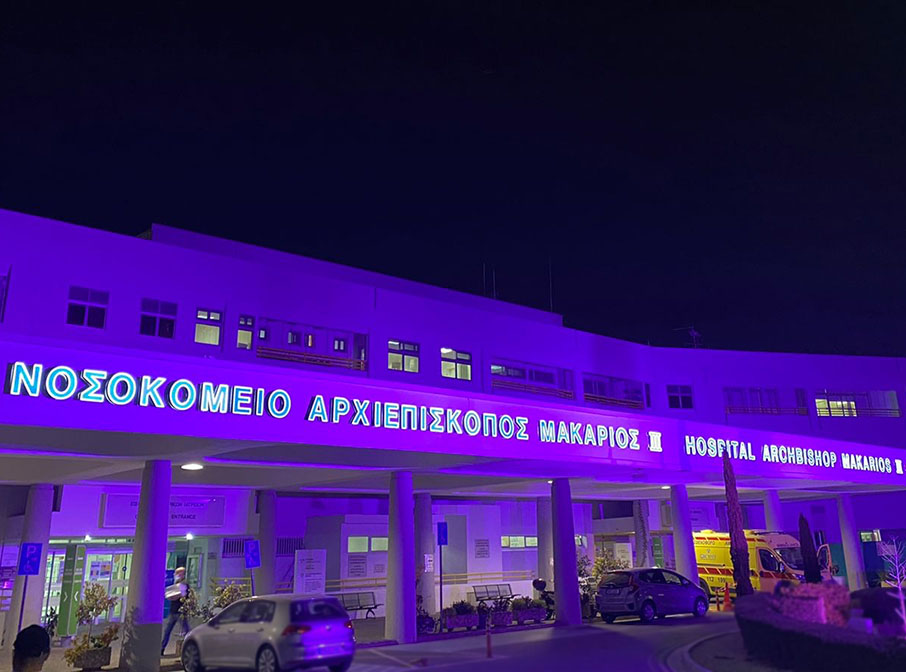The report on the state health services, Okypy, for 2022, issued by the audit office earlier this week, illustrates how doctors have been plundering public hospitals, which were supposed to have become financially self-sufficient this year or the next. The reality, which nobody seems prepared to confront, is that under the existing work and pay conditions, shaped over the years by militant unions, public hospitals can never become financially independent and will always need state funding to keep going.
No business or organisation that allows its employees to increase their annual salary by between 200 and 300 per cent – without generating more revenue – could be a viable concern. The report gave some shocking examples of the plundering of the hospitals. An assistant clinic director on an annual salary of €76,379 managed to boost his earnings through allowances and overtime pay by about 300 per cent to €231,000. A clinic head on €91,566 took his earnings to €297,498 while a doctor on €68,156 had a total earnings boost of 250 per cent in 2022, reaching €238,220.
How is it possible for someone not in sales and working on commission, to triple their earnings simply by doing extra work? Someone who more than doubles their annual salary has not doubled their working hours and their productivity. They probably have not even increased it by 50 per cent. In public hospitals apart from being paid overtime rate (one and a half times the normal pay rate) for working after 3pm, they receive shift allowance, night work allowance, weekend duty allowance etc.
These are the perks negotiated by unions over the years which have remained after hospitals became ‘autonomous.’ Faced by union protests, the previous government allowed all hospital staff that moved to the autonomous hospitals to maintain their public servant status and the public service work conditions, which meant doctors and nurses that worked in the afternoon were entitled to overtime pay plus allowances for the inconvenience.
As if this were not bad enough, the previous government also gave the doctors big pay rises so they would not leave the hospitals and set up private practices as personal doctors. So, the average annual pay of hospital doctors, according to Okypy, is in the region of €150,000. This is about three to four times what hospital doctors in Greece are paid, which is the reason hundreds are moving to Cyprus.
With such a payroll – incidentally public hospitals also have the highest paid nurses – there is no way the hospitals will ever become self-financing. On the contrary, if the state withdraws its funding, they will become bankrupt, because labour costs will keep rising and their earnings will continue to fall, a trend that has already begun. More hospitals and clinics are joining Gesy, which means they would be taking more patients away from public hospitals and their earnings from the Health Insurance Organisation will decline. What would happen then? Will the taxpayer have to pump more money into them so doctors can carry on plundering the hospitals?
The health ministry has some very serious thinking to do about public hospitals, because the crisis is not very far away.







Click here to change your cookie preferences